Modern life is full of distractions and stress that seems to be everywhere. Meditation stands out as a strong way to deal with these problems. Meditation is known for helping people relax, but it is also thought to have many other positive effects on the brain, including better focus, general health, and happiness. Scientists are learning more about how the mind works and how meditation changes brain pathways, makes people more emotionally strong, and improves their ability to think clearly. In this exploration, we start a trip to learn about the many effects of meditation, going beyond its common meanings to find out how it can help with deep personal growth and overall well-being.
How do you practice mindfulness meditation?
Focusing on the present moment without judging it is what mindfulness meditation is all about. Find a quiet place to start and get into a comfortable position. Focus on your breath, the way your body feels, or the things around you. You can close your eyes or slowly look ahead. When thoughts come up, just are aware of them and bring your attention back to the anchor you picked. Regular practice can help you become more aware, stronger emotionally, and more connected to yourself and the world around you over time.
From scattered Thoughts to Laser Focus
Imagine your brain as a busy city. Taxis honk their horns, buses speed by, and people walk in and out, representing different feelings and thoughts. Meditation is like controlling traffic. Studies show that regular meditation makes the prefrontal cortex bigger. The prefrontal cortex is in charge of planning, paying attention, and making decisions. In turn, this makes it easier to focus, block out distractions, and think in different ways.
Enhancing Emotional Resilience
Negative emotions are typically a manifestation of the traffic congestion that occurs in our brains. We are able to overcome these emotional boundaries with the help of meditation. We learn to detach ourselves from negative emotions and thoughts when we pay attention to the here and now and observe our thoughts and feelings without passing judgment on them. Having this emotional control helps us become more resilient, which in turn enables us to tackle challenges with greater clarity and composure.
Cultivating a Haven of Happiness
Chronic stress can cause the brain’s reward system to become dysfunctional, making it harder to feel joy. This is countered by meditation, which stimulates activity in the limbic system, which is the emotional core of the brain. Based on research, it has been found that meditation can improve the synthesis of chemicals that make people feel good, such as dopamine and serotonin. This can result in a more optimistic view and a higher level of pleasure.
An improved memory and a stronger sense of self-awareness
Have you ever forgotten where you put your keys… once more? The solution could be found in meditation. According to a number of studies, meditation has the potential to heighten the size and density of the hippocampus, which is the memory core of the brain. A superior memory function enhanced learning capacity, and even a more acute ability to recall specifics are all outcomes that can be attributed to this. The insular cortex, which is an area connected with self-awareness, is also strengthened by the practice of meditation. Through consistent practice, you will develop a more profound comprehension of your ideas, feelings, and the factors that motivate you.
But Wait, There’s More!
The benefits of meditation extend beyond the points mentioned above. Research suggests it can:
- Improve sleep quality
- Reduce symptoms of anxiety and depression
- Boost the immune system
- Increase empathy and compassion
Critical Considerations: Debunking Myths and Finding Your Practice
Meditation alone is not a cure-all. It needs you to keep going and work hard all the time. Meditation can be done in a lot of different ways, such as through focused attention meditation and mindfulness meditation. Check out a few things and see what you like. This is what newbies should do:
- Begin slowly. Aim for 5 to 10 minutes a day and slowly add more time.
- Find a place that is quiet and free of distractions. This will help you focus.
- Pay attention to your breath. When your mind slips, use your breath to bring you back to the present moment.
- Be kind to yourself. If your thought wanders, don’t give up; it’s a normal part of the process.
The goal of meditation is to change the way your brain works so that you are more focused, strong, and happy. It’s not only about taking it easy. If you practice regularly, you may find inner peace that spreads to every part of your life. Take a deep breath, find a quiet place, and begin this life-changing journey. It will be good for your brain.


